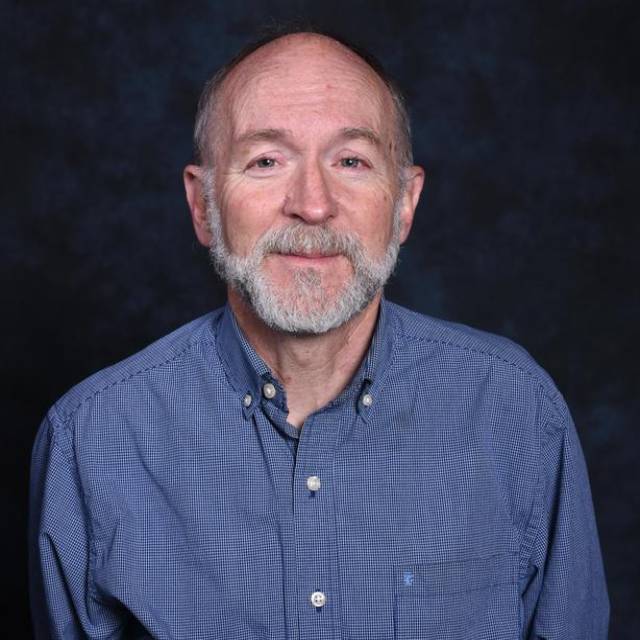Contact Information
Biography
James Swindal is a Professor of Philosophy. He specializes in Continental Philosophy,
Critical Theory, Action Theory, and Catholic Philosophy. He is currently working on
a book project, with co-author William Wright, on An Existentialist Account of Eucharistic Action. He is also engaged in projects on Critical Theory and Psychoanalysis, Charles Taylor’s
Catholic Philosophy, and Robert Brandom’s Social Pragmatism.
Education
- Ph.D., Philosophy, Boston College, 1993
- S.T.B., Theology, Gregorian University, 1989
- M.A., Philosophy, Gonzaga University, 1982
- B.A., Political Science, Seattle University, 1978
Profile Information
Books
- Existence and Action (New York: Palgrave Macmillan, 2012).
- Reflection Revisited (New York: Fordham University Press, 1999).
Edited Books
- Habermas II, 4 vols., co-edited with D. Rasmussen (London: SAGE, 2009).
- The Sheed and Ward Anthology of Catholic Philosophy, co-edited with Harry Gensler (Rowman and Littlefield, 2005).
- Ethics: Contemporary Readings, co-edited with H. Gensler and E. Spurgin (New York: Routledge, 2004).
- Critical Theory, 4 vols., co-edited with D. Rasmussen (London: SAGE, 2004).
Articles and Book Chapters
- “Husserl,” in The Cambridge Habermas Lexicon (Cambridge University Press, 2019), 576–79.
- “Marx on Nature,” Frontiers of Philosophy in China 9.3 (September 2014): 358–69.
- “Critical Theory, Negative Theology, and Transcendence,” in Continental Philosophy and Philosophy of Religion, ed. M. Joy (Dordrecht: Kluwer, 2010), 187–220.
- “Second Generation Critical Theory,” in History of Continental Philosophy, vol. 8 (University of Chicago Press, 2010), 227–52.
- “Can a Discursive Pragmatism Guarantee Objectivity?” in Philosophy and Social Criticism 33.1 (2007): 113–26.
- “Can Strategic Reasoning Alone Account for the Formation of Social Norms?” in Dialogue: Canadian Philosophical Review (2005): 363–72.
- “Nietzsche and Habermas and the Critique of Instrumental Reason,” in Habermas, Nietzsche, and Critical Theory, ed. B. Babich (Amherst NY: Prometheus Books, 2004), 131–46.
- “Habermas’s ‘Unconditional Meaning Without God’: Pragmatism, Phenomenology, and Ultimate Meaning,” in Ultimate Reality and Meaning 26.2 (2003): 126–49.
- “Discourse, Reflection, and Commitment,” Philosophy and Social Criticism 29.2 (2003): 151–65.
- “Pragmatism and a ‘Catholic’ Philosophical Anthropology,” Catholic Education 6.1 (2002): 71–95.
- “Equality and Democratic Societies,” Philosophy Today 45.5 (2001): 180–90.
- “The Role of the Will in Postconventional Personal Identity Formation,” in Jürgen Habermas: SAGE Masters in Social Thought Series, vol. 4, ed. J. Swindal and D. Rasmussen (London: SAGE, 2001), 48–63.
- “Ought There Be a Catholic Philosophy?” American Catholic Philosophical Quarterly 73.3 (1999): 449–75.
- “Nietzsche, Critical Theory, and a Theory of Knowledge,” in Nietzsche, Theories of Knowledge, and Critical Theory: Nietzsche and the Sciences I, Boston Colloquium in the Philosophy of Science, ed. B. Babich and R. Cohen (Dordrecht: Kluwer, 1999), 253–64.


